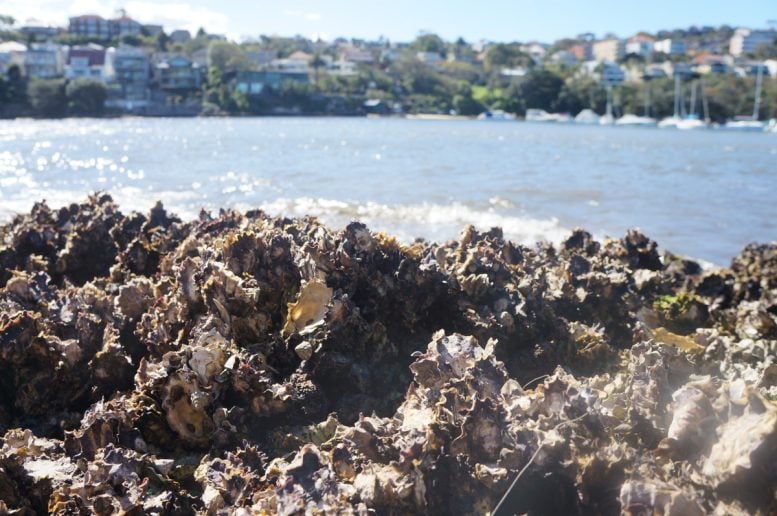
Research from the University of Adelaide reveals that human-generated noise is hindering baby oysters’ ability to use natural sounds to find habitats, affecting marine conservation efforts. Although acoustic technology helps in quieter areas, its effectiveness is reduced in noisy urban settings.
New research from the University of Adelaide indicates that baby oysters, which depend on natural acoustic cues to find suitable environments for settling, are being disrupted by noise pollution from human activities.
“The ocean’s natural sound is gradually hushing due to habitat loss, leading to a quieter natural environment increasingly drowned out by the crescendo of man-made noise pollution,” explained lead author Dr Brittany Williams, from the University’s Southern Seas Ecology Laboratories.
“Numerous marine larvae rely on natural sounds to navigate and select their dwellings, so this interference poses a problem for conservationists aiming to attract oysters to restored reefs using natural sounds.
“Noises from shipping, machinery, and construction, for example, are pervasive and pose serious environmental change that affects both terrestrial and marine animals.”
According to the research, published in Proceedings of the Royal Society B, marine organisms appear particularly vulnerable to the intensification of anthropogenic noise because they use sound for a range of activities, including to sense their surroundings, navigate, communicate, avoid predators, and find mates and food.
Challenges and Limitations of Acoustic Technology
“Our previous work demonstrated that novel acoustic technology can bolster oyster recruitment in habitat restoration projects, but this new research indicates potential limitations of this speaker technology,” said the University of Adelaide’s Dr Dominic McAfee, who was part of the research team.
In environments where there is a lot of human noise pollution, the speakers did not increase larval recruitment.
“This suggests that noise pollution might cloak the intrinsic sounds of the ocean, potentially exerting profound ramifications on marine ecosystem vitality and resilience,” said co-author Professor Sean Connell, from the University of Adelaide and the Environment Institute.
While acoustic enrichment may be less effective along noisy metropolitan coastlines and urbanized waterways, the researchers are still optimistic about the application of the technique in less trafficked areas.
“Where there is little anthropogenic noise, acoustic enrichment appears to enhance the process of recruitment which is key to restoration success,” said Dr Williams.
Reference: “Anthropogenic noise disrupts acoustic cues for recruitment” by Brittany R. Williams, Dominic McAfee and Sean D. Connell, 1 July 2024, Proceedings B.
DOI: 10.1098/rspb.2024.0741